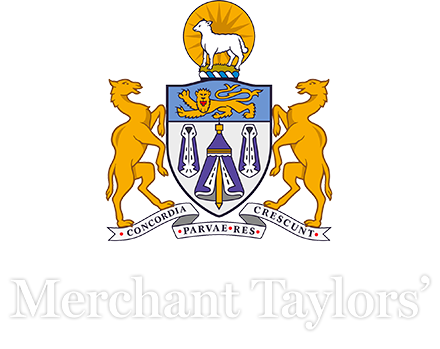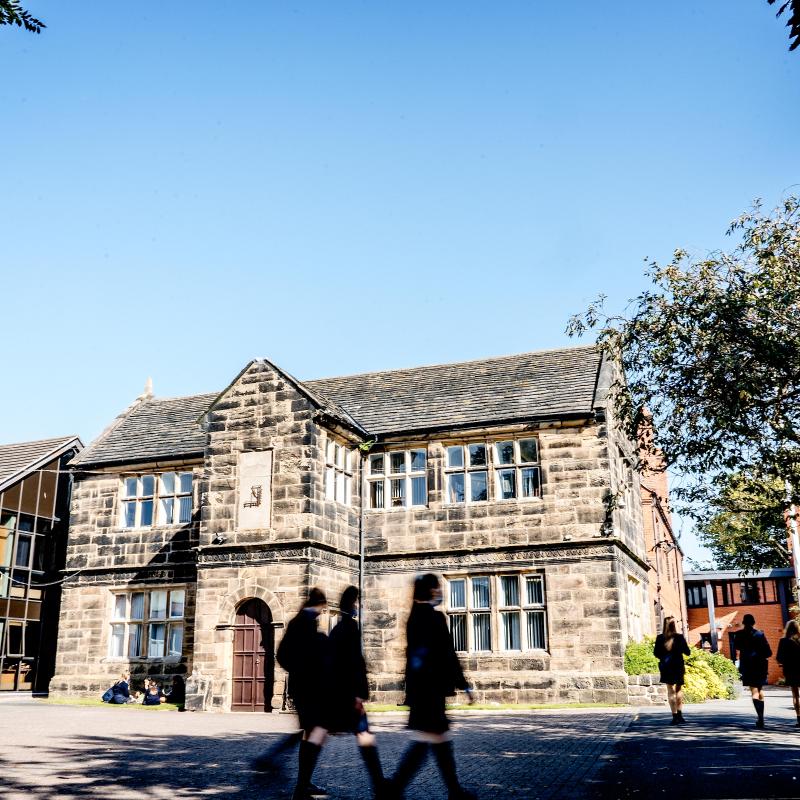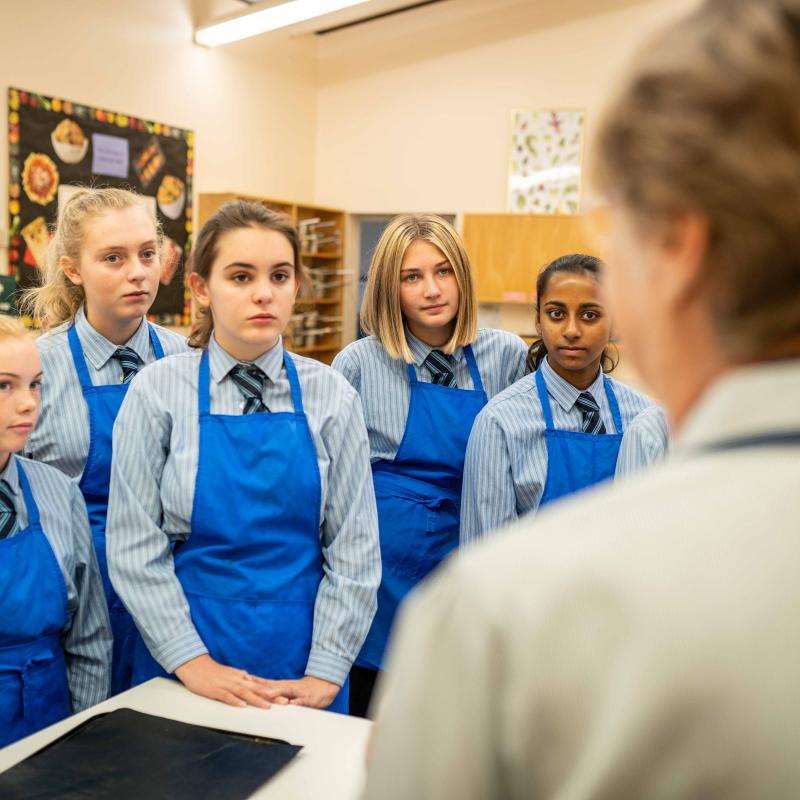Biology
Biology is taught as a separate subject, by specialist teachers, from Year 7 onwards. A blend of theory and laboratory work enables students to develop strong subject knowledge and skills from their very first lesson. This provides an excellent foundation for further success at GCSE and A level.
Classroom learning is supported and challenged through educational visits, guest speakers and national competitions. Subsequently, students of Biology develop a passion for the subject alongside a love of learning. As a result, we consistently see a strong uptake of the subject at A level, with many students choosing to study a related degree at university.
Lower School
Students in Year 7 study a diverse range of topics; beginning with the study of the musculoskeletal system and movement. This is followed by topics such as cell biology, microscopy, interdependence, reproduction and variation. Each topic is supported by practical work in our laboratories.
Students in Year 8 will begin the year by studying the respiratory and digestive systems before covering the principles of respiration, photosynthesis, evolution and inheritance. Each topic is supported by practical work in our laboratories.
Students in Year 9 will begin to study the AQA GCSE specification, building upon their previous skills and knowledge to cover further principles of cell biology. This will include microscopy, cell structure, the movement of substances across the cell membrane and cell division. This year will also see our students further develop their practical skills as they undertake GCSE required practical work.
GCSE
Biology remains one of our most popular GCSE subjects, with a strong emphasis on practical exercises.
Girls learn about the impact of biology on the world they live in and how the human body works, developing analytical and forensics skills with the support of passionate subject specialist teachers.
Throughout the GCSE course, they are encouraged to hone their natural curiosity and interest in scientific evidence and methods of enquiry via a series of required practical exercises in a well-resourced department.
Topics for study in Year 10 include how people affect the planet; health and disease; drug abuse; variation and evolution, as well as the structure and functioning of cells and biochemical processes including photosynthesis and respiration.
These topics are explored in greater depth by girls in Year 11, while also learning about the transport of substances around our body, microbiology and biotechnology.
A Level
A-Level Biology is a hugely popular course at our school.
It appeals not only to students hoping to pursue a Biology-based degree at university, but anyone with an interest in ecology, environment and the workings of the human body.
The course combines a theory-based programme of learning with a range of practical work, complemented by fieldwork trips to enhance girls’ learning experience. Students observe biological material, both microscopic and macroscopic, and plan and conduct investigations.
Topics range from pulmonary and cardiac disease to the evaluating study of genetic modification and stem cell research.
In Year 12, topics covered include the study of biological molecules, such as DNA, the functioning of the immune system, and the importance of genetic diversity in Biology.
In Year 13, we consider how organisms respond to their environment and how gene expression is controlled, including the fascinating topic of gene technology. Three examination papers are taken at the end of Year 13, the third of which is synoptic in nature, and requires students to write an essay.
A-Level Biology leaves students well-placed for further study in Medicine, Biological Sciences, Microbiology, Genetics and Biochemistry, as well as Pharmacy, Dentistry and Veterinary Science. It also promotes wider skills such as analysis, research and self-reliance.
The study of Biology at Merchant Taylors’ prepares students for university applications by actively promoting self-reliance and reflection and offering an abundance of academic enrichment and extension opportunities, including national competitions, such as the Biology Olympiad and the academic, debating challenges of Oxbridge and Harrison Group Scientific Studies.
Many of our students also receive the prestigious Nuffield Bursaries for Biology Study, and scientific research will form the basis for the enrichment EPQ study of some A-Level students.




